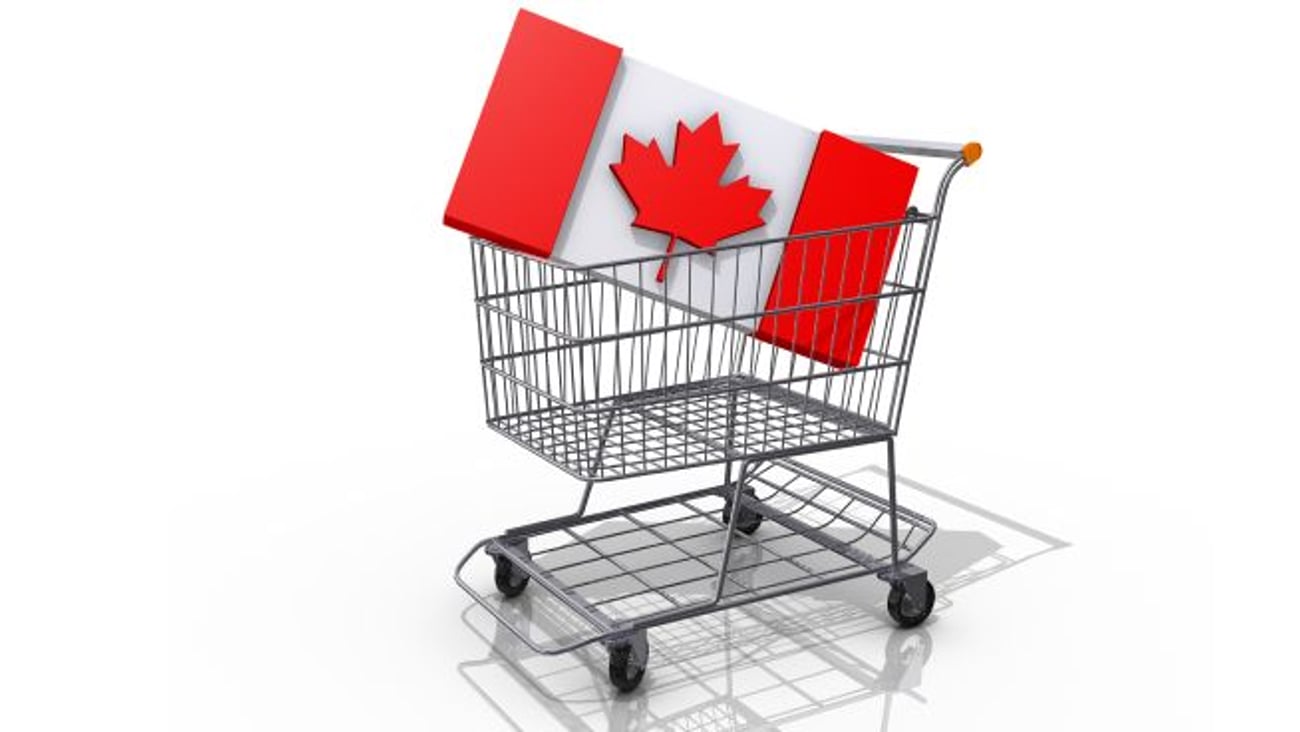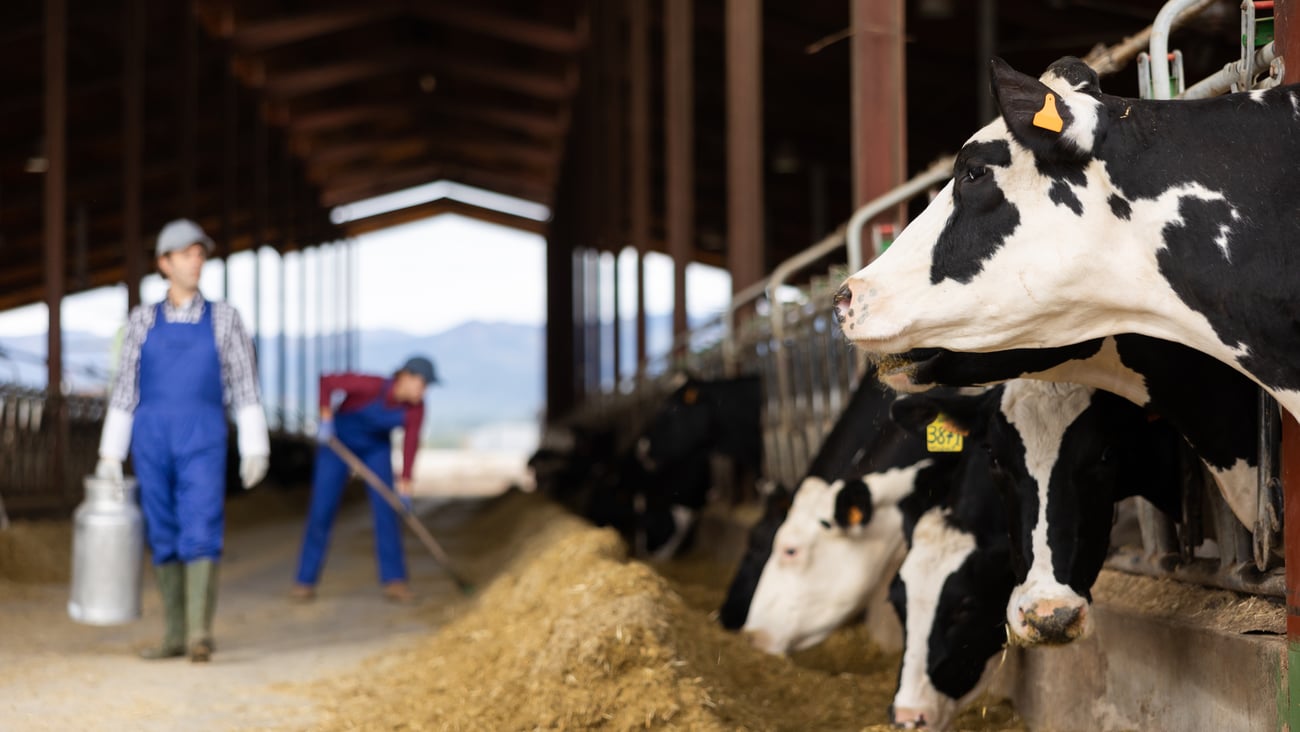Regenerative agriculture needs to be more than lip service
Regenerative agriculture is making some noise of late. So much so that some companies are making it a priority. McCain Foods, the world’s largest producer of french fries, has just committed to limiting its climate footprint, saying its French fries will come from farms using regenerative agriculture by 2030.
This means, within nine years, McCain will only be buying potatoes from farms using more sustainable agricultural practices. In its plan, McCain commits to farming techniques that promote biodiversity and more plant cover on fields, practices that minimize soil disturbance and maximize crop diversity to increase water efficiency, protect against erosion, capture more carbon, and create greater resilience to droughts and floods.
A total of six principles were presented. Farmers will be expected to minimize soil disturbance and use less fertilizer and pesticides. In the potato business, these would be significant steps. This could potentially reduce yields for partnering farmers and increase the cost of their products. In essence, as these shifts require some form of accounting, it could mean more paperwork for McCain's current suppliers.
On the surface it sounds like a bold move from the “French Fry King,” but very few details were given as far as specific targets go. Without a metric to make the company more accountable, McCain’s announcement is similar to those from other companies that have jumped on the “regenerative agriculture” bandwagon. PepsiCo, Nestlé and General Mills are among the companies committing to similar initiatives.
These companies mean well and generally want to make a difference as they all face increasing skepticism, but Canadians are growing more impatient towards bold promises made by the food industry. The Retail Council of Canada backed away from its commitment around cage-free eggs and the phasing out of gestation stalls for pregnant pigs.
In agriculture, same thing. The pandemic got people thinking differently about food supply chains. Most Canadians went from wanting a transparent food industry, to one in which they could understand how it functions and where agricultural commodities are grown.
McCain’s move will not only resonate with consumers, but also within the company’s network. The company is known for its skillful methods within its own supply chain. It understands it quite well. Farmers and its broader network were likely consulted thoroughly before the announcement. The “regenerative agriculture” call is very much about setting the field up for some new collaborative work with partners, with a different focus on natural resource management. In doing so, inputs, actions and performances will all need to be measured, and McCain knows more work is needed on that front.
So, if you are not buying McCain’s commitment, you are likely not alone. But this call is not just about you, or us, but more about preparing its ecosystem for some changes in years to come. As McCain befriends the concept of “regenerative agriculture,” it will also need to define what this means for its network.




